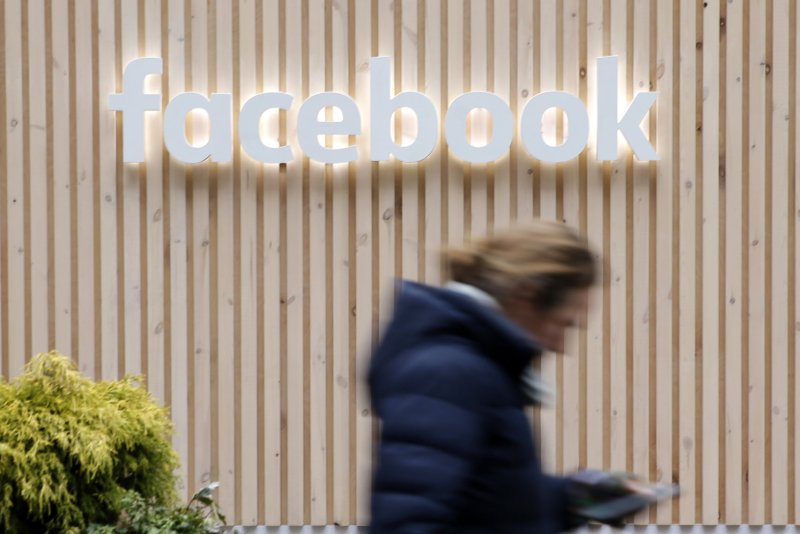April 18 (UPI) -- Social giant Facebook said it "unintentionally" uploaded more than a million user email contacts to the site in mid-2016, due to a problem it took nearly three years to find.
The company announced the issue Wednesday, saying users were allowed to upload their email contacts to Facebook, presumably to find their friends' pages easier. Changes in May 2016, however, allowed the contact lists of about 1.5 million users to be uploaded to Facebook without users' knowledge.















